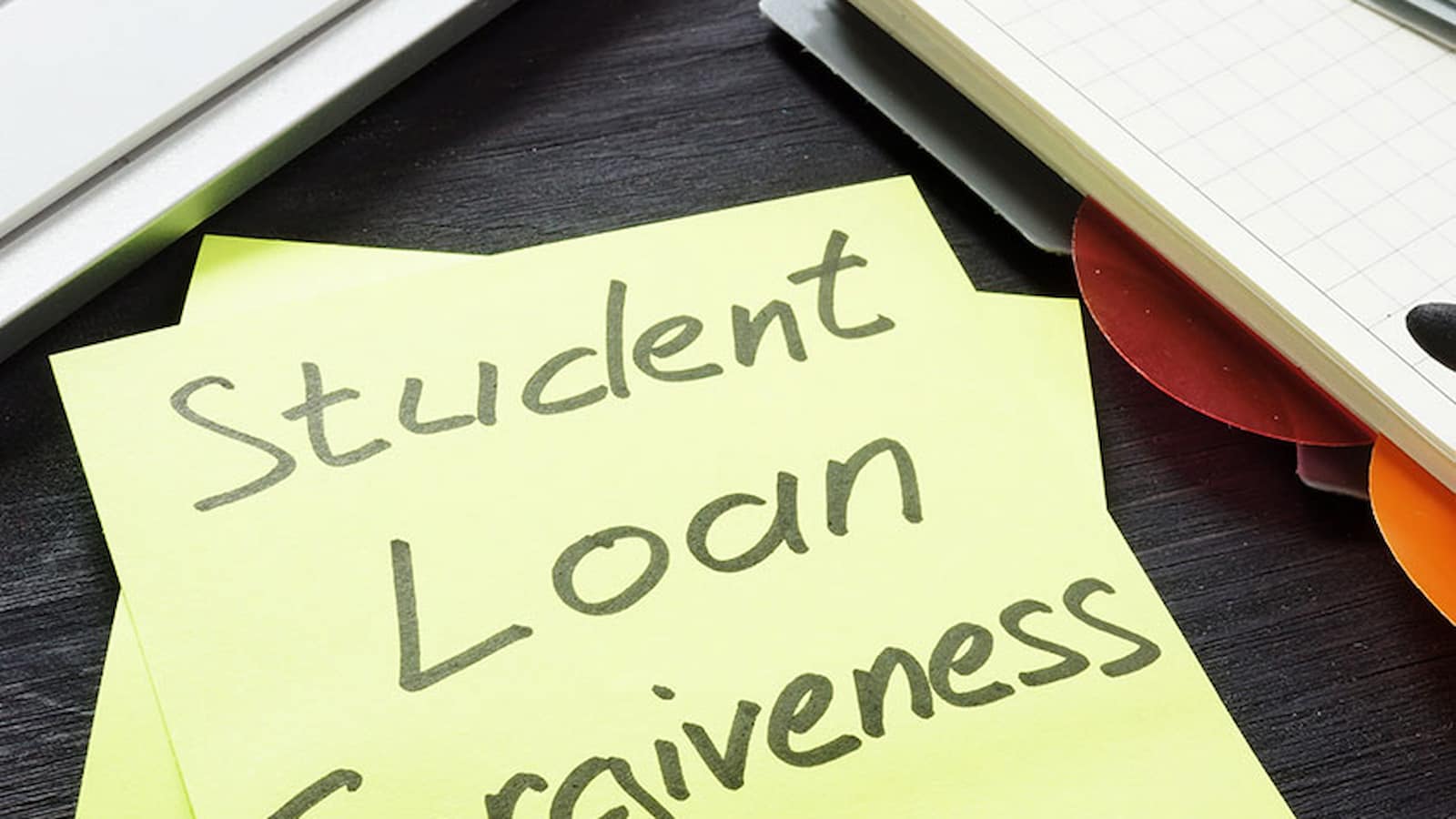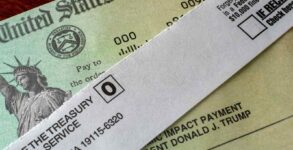Beware of Student Loan Forgiveness Email Scams: Student loan forgiveness scams may manifest in text messages, emails, or phone interactions that are dubious. The following is a guide to identifying and avoiding these hoaxes and what to do if you suspect you have been the target.
Con artists usually use harsh tactics and false promises to entice gullible borrowers into their traps. In the first quarter of 2023, the Federal Trade Commission received close to 500,000 reports amid accusations of fraud. As a result, it’s critical to stay vigilant and spot possible fraud.
Impact of Student Loan Forgiveness on February Payments: Will Borrowers Receive Refunds?
Watch out for student loan forgiveness phishing scams, boys & girls. I was fortunate to have zero college loans, yet I am still being blown up via email and text with student debt forgiveness links that look shady as hell
— Jeff Dillon (@JPDillonOhio) March 11, 2024
Identify and avoid student loan forgiveness schemes by following these steps:
- Exercise caution regarding assertive advertising language: Scammers might employ expressions such as “complete discharge” or “act immediately” to coerce you into making rash decisions. Keep in mind that legitimate forgiveness programs do not typically employ such imperative language.
- Exercise caution when confronted with seemingly enticing offers: Scammers frequently offer immediate loan cancellation guarantees in return for initial payments. It is prudent to exercise prudence when considering offers that appear excessively enticing, as most government forgiveness programs mandate particular eligibility requirements and qualifying payments.
- Prevent the disclosure of login information: StomachAid.gov account information, such as your FSA ID, should never be divulged to anyone. Never will legitimate organizations request your password.
- Exercise caution regarding typographical errors and unofficial contact details: Scam communications might include misspellings or atypical formatting. Additionally, ensure the legitimacy of the correspondent by verifying their email address and contact information.
Students have received scam emails that claim their loan account has been suspended due to incomplete information. They’re asked to click a link to update their details
Stay safe using @PSsafercomms‘s Student Online Safety Guide
➡️https://t.co/xEc8f6TYFU— TradingStandardsScot (@TSScot) March 5, 2024
What email address is the origin of student loan forgiveness?
The Department of Education only accepts electronic letters from official U.S. email addresses like [email protected] and [email protected]. Phone numbers like 227722 or 51592 send text messages.
If student loans are causing financial hardship, consider legal aid. Ask your loan servicer about debt consolidation or income-driven repayment options first.
Beware of debt reduction companies that overcharge for services your service provider provides for free. Before hiring a reputable company, do your research and verify their credentials.
Actions to Take If You Have Been Scammed
Upon suspecting that you have become a target of student loan fraud, you should immediately contact your student loan servicers to inquire about any modifications to your account.
Contact any credit card or bank institutions that are affiliated with your student loans. Ensure that the scammer’s payments are halted, and alter your passwords. Additionally, you should modify the credentials that are linked to your StudentAid.gov account and the servicer for your student loans.
Monitoring your credit is important because a fraudster could open a bank account or credit card in your name with your personal information. Capital One’s free CreditWise® service monitors your credit score and alerts you if a creditor tries to obtain your Social Security number or other personal information.
Student Loan Forgiveness 2024: Exploring Eligibility and Application Process
I got an email yesterday telling me to contact (insert email) because I’m eligible for student loan forgiveness. Folks, my student loans were paid off a while ago. You can avoid falling for scams no matter what they dangle or how legitimate the petitioner’s claim seems!
— Benzo Stray Dogs (@benzostraydogs) February 16, 2024


















